Encyclopaedia of SAARC (In 4 Volumes)
In stock
SAARC, a novel organization, in its own right, is small but, quite significant. It’s not EU or Arab League or OPEC, but, its SAARC, relevant for the region, it comes up from SAARC was the first attempt for along journey towards the unification of South Asian countries in terms of socio-economic dimensions. After four and half years of ground work, SAARC came into being on 8th December, 1985. The South Asian Association for Regional Cooperation was founded with the cardinal objective of accentuating the economic process and social development among the Member States, Through Concerted action in agreed areas. SAARC, as of now, comprises seven countries of South Asia, i.e. India, Pakistan, Sri Lanka, Bangladesh, Nepal, Bhutan and Maldives. In November, 1980 the idea of regional cooperation in South Asia was first mooted. In April 1981 the Seven Countries Foreign Secretaries met for the first time in Colombo for consultations. The ‘follow-up meeting of the whole committee after a couple of months, helped the member countries to identify the broad areas of regional cooperation. Then, in august 1983 at their first meeting in New Delhi, the foreign Ministers adopted in declaration on South Asian Association for Regional Cooperation (SAARC) and formally launched the integrated Programme of Action (IPA) in five agreed areas of cooperation, namely; Agriculture, Rural Development, Telecommunication, Meteorology, Health, Population Activities, Transport, Postal services and Scientific and Technological Cooperation, Sports, Arts and Culture were later added to the IPA. The Heads of States or Governments at their first SAARC Summit held in Dhaka on 7-8 December, 1985 adopted the Charter, formally establishing the South Asian Association for regional Cooperation-SAARC. The names of the organs of the SAARC are Summit, Council of Ministers, Standing Committee and Technical Committee. Summit is the highest authority of the Association which vests with the heads of states or Governments, Who meet annually at the apex level. The second SAARC organ, the Council of Ministers Of Member States in responsible for policy formulations, reviewing progress, deciding on new areas of cooperation, establishing additional mechanism as deemed necessary and deciding on other matters of general interest to the Association. Comprising the Foreign Secretaries of Member States, the standing Committee is vested with the determining inter-sectorial priorities, mobilizing regional and external resources, and identifying new areas of cooperation. It may meet as often as deemed necessary. This committee is assisted by a programming committee, an adhoc body, comprising senior officials, to scrutinize the Secretariat Budget, finalise the calendar of activities and take up and other matter assigned to it by the standing committee. Technical Committees Comprise representatives from the member states. These committees formulate programmes and prepare projects in their respective fields, which make up the integrated programme of Action under SAARC. They are entrusted with the task of monitoring the implementation of such activities and take up any other matter assigned to it by the standing committee. Technical Committees Comprise representatives from the member states. These committees formulate programmes and prepare projects in their respective fields, which make up the integrated programme of Action under SAARC. They are entrusted with the task of monitoring the implementation of such activities and submitting their report to the standing committee through the programming committee. Since the establishment of the association, several other important meeting have taken place in specific contexts. The ninth SAARC Summit had decided that the Environment Ministers meeting would be held annually. Incidentally, countries in the fold of SAARC are economically backward. Except India, among other six countries, there is little economic disparity. Further, almost all these nations bear a cultural similarity. Among the seven countries in the SAARC, India, Pakistan, Bangladesh, Bhutan and Nepal are in India subcontinent and Sri Lanka and Maldives in Indian Ocean. So far thirteen meetings of the heads of states have held: Dhaka (1985), Bangalore (1986), Kathmandu (1987), Islamabad (1988), Male (1990), Colombo (1991), Dhaka (1993), New Delhi (1995), Male (1997) Colombo (1998), Kathmandu (2002), Islamabad (2004), and Dhaka (2005). This multi-volume on SAARC comprises four independent books, Namely: (i) SAARC: Past and Present, (ii) SAARCE: Member Nations, (iii) SAARC: The Summits, (iv) SAARC: Economic Cooperation. Thus, it virtually covers all aspects and Dimensions of SAARC, in a very comprehensive manner. All efforts have been put into make this work informative and phenomenal. Evidently, this book will find a proper place among academics, Students and General readers alike.

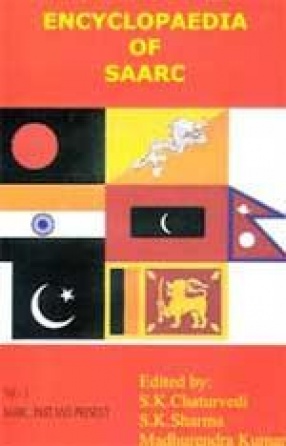
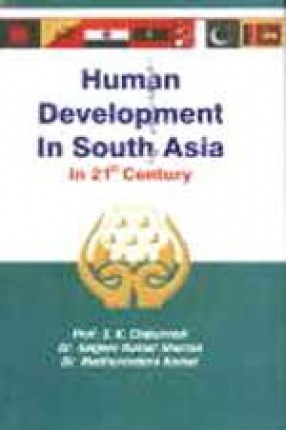
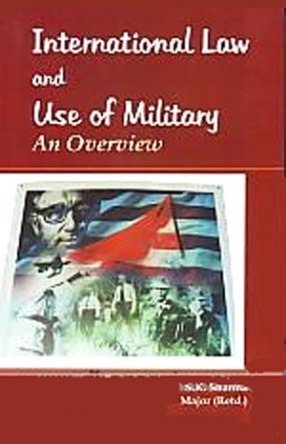
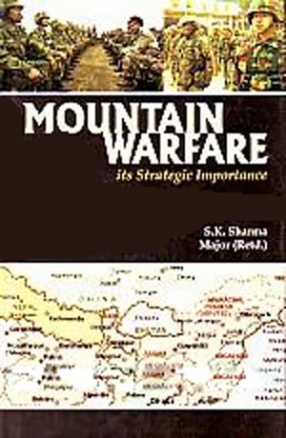
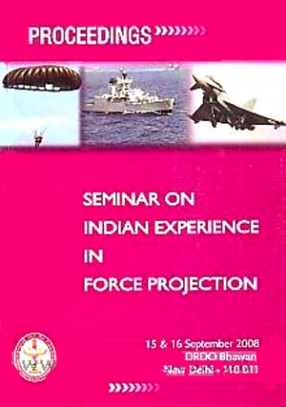
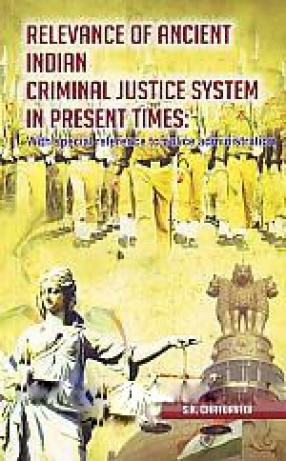
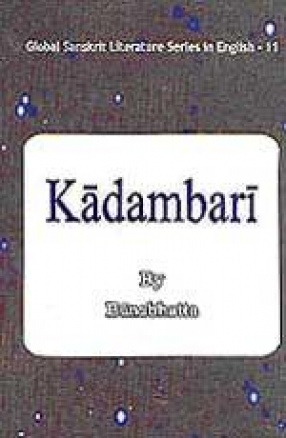

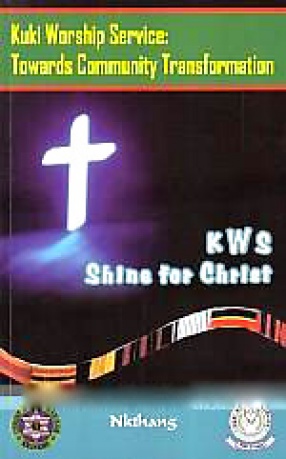
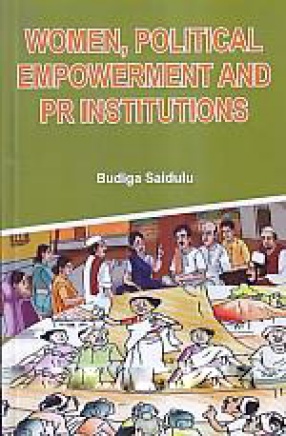
There are no reviews yet.